10 leading academic groups and 2 industrial partners will work together in MetaExplore to train 15 Doctoral Candidates, alongside 9 companies and universities as associated partners and advisors.
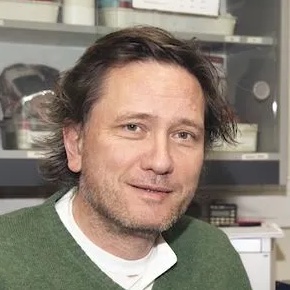

University of Cambridge, UK
Prof Florian Hollfelder
Project: Metagenomic screening and directed evolution of plastic-degrading enzymes in microdroplets.
The aim of the project is to develop ultrahigh throughput assays to screen metagenomic libraries for new catalysts for applications in recycling, bioremediation and green chemistry. Candidate enzymes are mechanistically investigated, structurally characterised and subsequently improved by directed evolution. Ultrahigh-throughput screening in microfluidic picoliter droplets allows us to interrogate enzyme libraries with more than 10 million members experimentally in a day, increasing the chances of success in catalyst discovery.
Secondments: Drop-Tech Ltd (Cambridge, UK), Janssen (J&J, Beerse, Belgium), AstraZeneca (Cambridge, UK) EMBL-EBI (Hinxton, UK) and Evoralis Ltd (Cambridge, UK).
You can read more details and apply on the University of Cambridge Jobs site
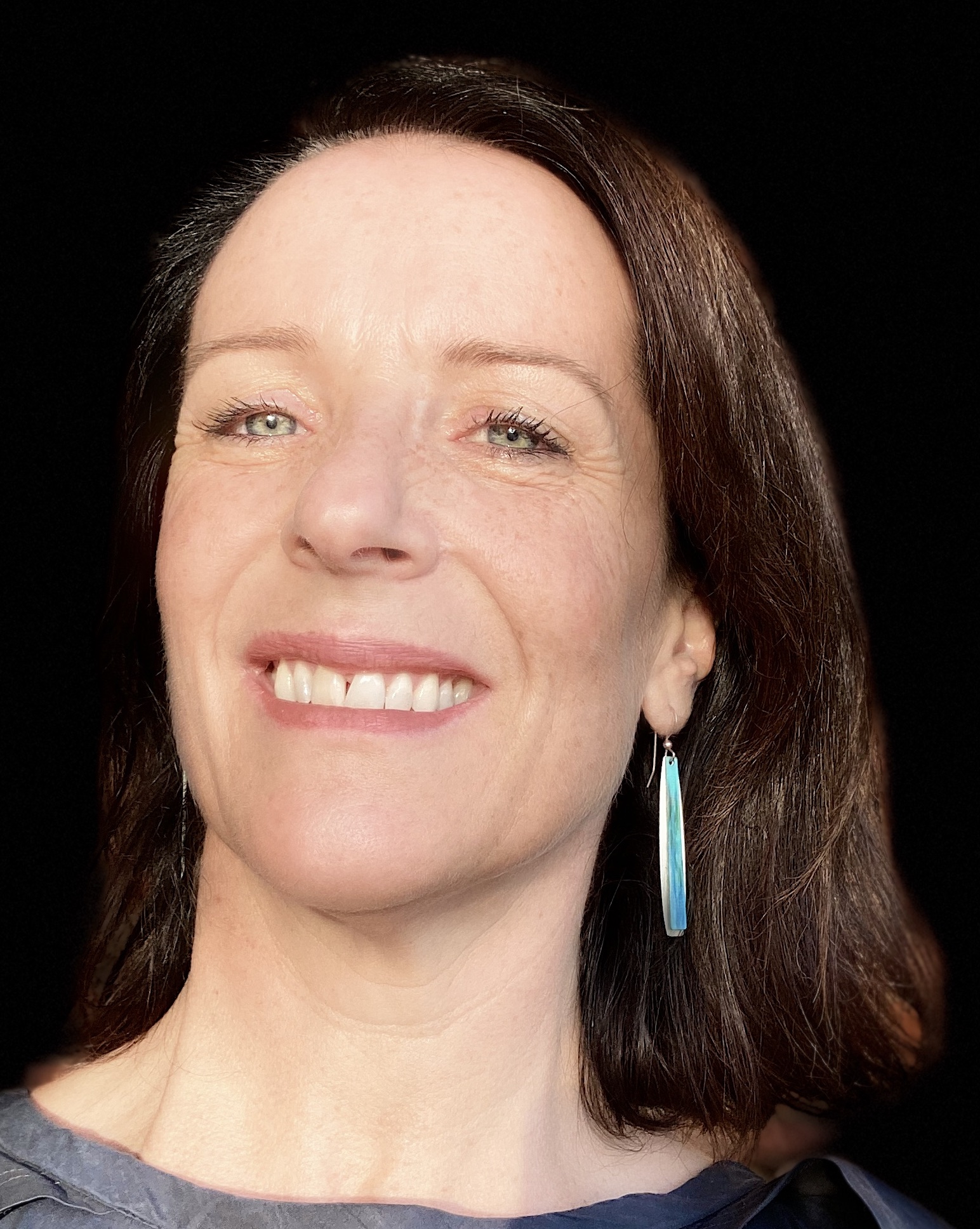

Toulouse Biotechnology Institute, France
Dr Gabrielle Potocki-Veronese
Project: Ultra-high throughput screening and characterization of glycoside utilization pathways involved in host-microbiota interactions
The intestinal microbiota is mainly composed of uncultured bacteria, harvesting on host and dietary glycosides thanks to a large panel of carbohydrate active enzymes (CAZymes). In this project, the human gut microbiome will be screened using droplet-microfluidics for functions of human glycoside metabolization. The molecular bases of the specificity of the identified transporters and CAZymes towards human glycosides will then be determined, by combining functional and structural analyses.
PhD degree: The TBI doctoral candidate will be enrolled at INSA Toulouse, a member of the University of Toulouse, France.
Secondments: Prozomix Ltd (Haltwhistle, UK) and NTNU (Trondheim, Norway)
Required skills: Molecular biology, biochemistry and microbiology. Experience in bioinformatics will also be appreciated.
To apply, please email: veronese@insa-toulouse.fr

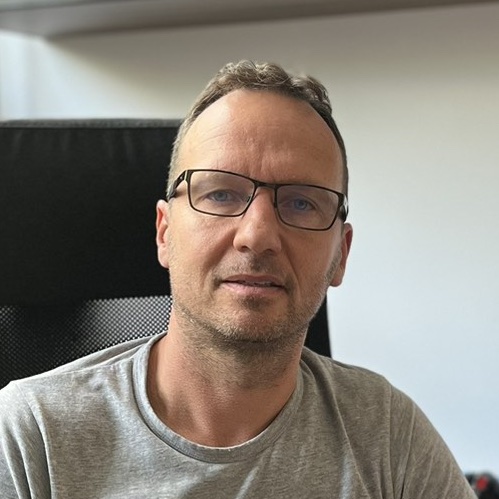

HUN-REN Biological Research Centre, Szeged, Hungary
Dr Balint Kintses (Project 1)
Dr Gergely Maroti (Project 2)
PhD students enrolled at BRC receive their diplomas from the University of Szeged, Hungary.
Project 1: Functional metagenomics screening for novel enzymes from waste-water using previously unexplored environmental bacteria
PhD degree: The HUN-REN BRC doctoral candidate will receive their diploma from the University of Szeged, Hungary.
Secondments: University of Cambridge (Cambridge, UK) and Seqomics Biotechnology Ltd (Morahalom, Hungary)
To apply for this project, please email: kintses.balint@brc.mta.hu
Project 2: Genome-centric monitoring of anaerobic degradation processes linked to urban sewage systems
Anaerobic sludge digestion (ASD) has the capability as effective technology for the treatment of residual sewage sludge containing hardly degradable materials including hazardous wastes like various dyes, toxins, drug residues or even highly prevalent and mobile antibiotic resistance genes (ARGs). A combination of cutting-edge metagenomic and metatranscriptomic approaches will be applied to generate metagenome-assembled genomes (MAGs) and to functionally characterize them. Minimum standards will be defined for the generation, deposition, and publication of MAGs derived from uncultivated pathogens and to capture the appropriate metadata in a consistent and standardized manner. Current standards of Minimum Information of Metagenome Assembled Genomes (MIMAG) will be followed. Shotgun metatranscriptome data will be used for mapping the active members of the microbial community and to link specific functions to the MAGs and to specific genes within MAGs.
PhD degree: The HUN-REN BRC doctoral candidate will receive their diploma from the University of Szeged, Hungary.
Secondments: University of Alicante (Alicante, Spain) and Seqomics Biotechnology Ltd (Morahalom, Hungary)
Required skills: molecular biology techniques (PCR, DNA/RNA isolation, manipulation, NGS libraries), bioinformatics experience (R programming language for statistical computing and data visualization).
To apply for this project, please email: Gergely Maróti, maroti.gergely@brc.hu.


AstraZeneca, Cambridge, UK
Dr Lutz Jermutus
Project: Harvesting and evolving proteases for medical applications
PhD degree: The Astrazeneca doctoral candidate will be enrolled at the University of Cambridge.
Secondments: Drop-Tech Ltd (Cambridge, UK), University of Cambridge (Cambridge, UK) and EMBL-EBI (Hinxton, UK)
Applications not yet open – to apply, search the AstraZeneca website: https://careers.astrazeneca.com/early-talent
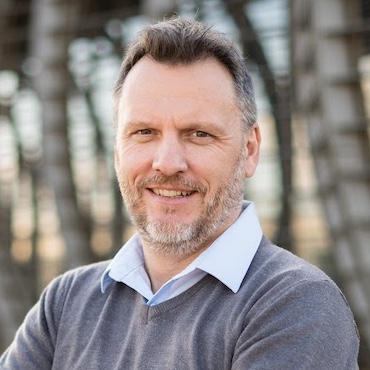

EMBL-EBI, Hinxton, UK
Dr Rob Finn
Project: Computational strategies for detecting novel bacteriocins in the metagenomes and experimental verification.
PhD degree: The EMBL-EBI doctoral candidate will be enrolled at the University of Cambridge.
Secondments: Drop-Tech Ltd (Cambridge, UK), University of CAmbridge (Cambridge, UK) and University of College London (London, UK).
To apply, please follow the link to the EMBL International PhD Programme
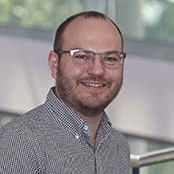
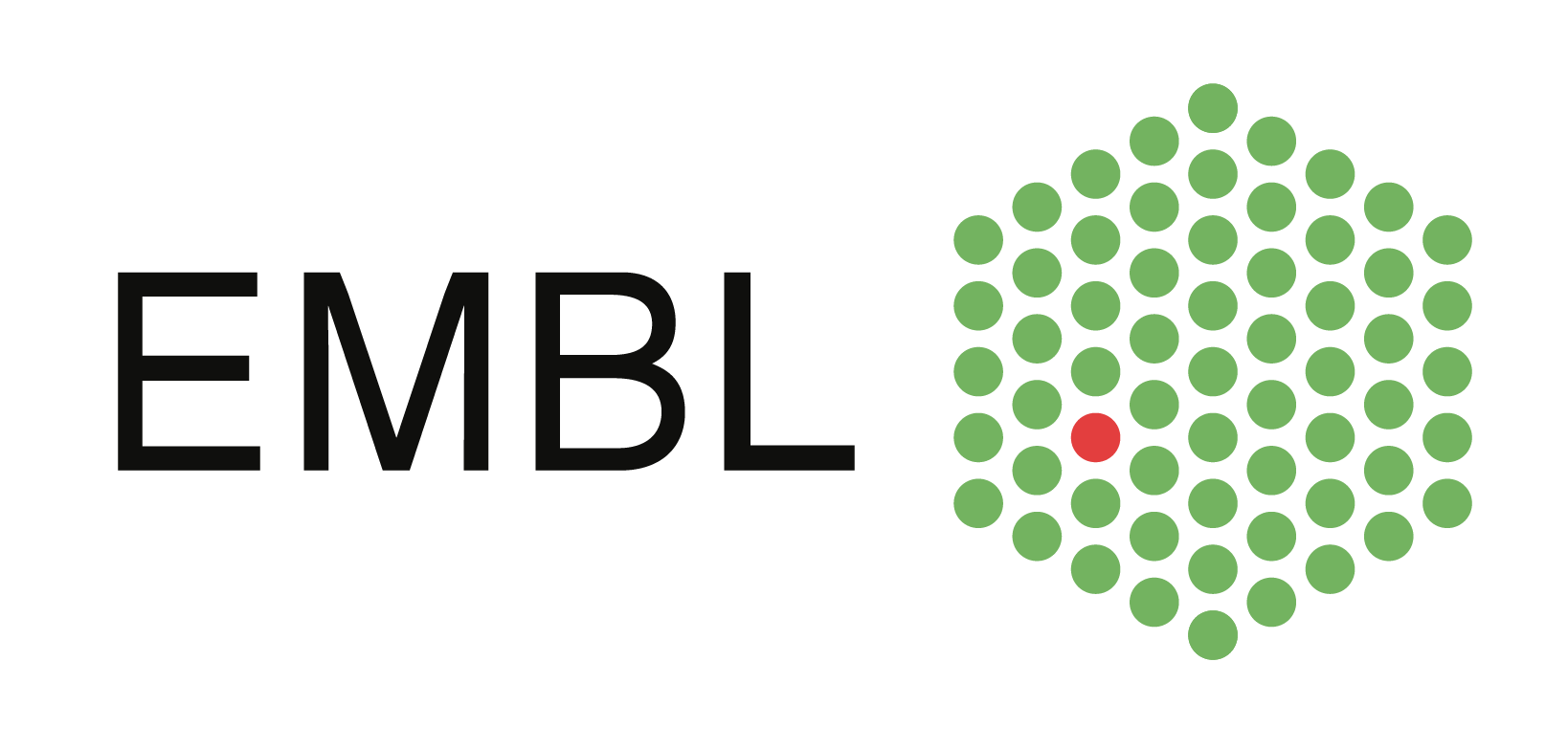
EMBL, Heidelberg, Germany
Dr Michael Zimmermann
Project: High-throughput LC-MS screening of metagenomic expression libraries to identify novel enzymes for xenobiotic biotransformation reactions.
PhD degree: The EMBL doctoral candidate will be enrolled at the University of Tübingen
Secondments: University of Tübingen (Germany), HUN-REN (Szeged, Hungary) and AstraZeneca (Cambridge, UK).
For more information, please email: michael.zimmermann@embl.de


British Antarctic Survey, Cambridge, UK
Prof. Melody Clark
Project: Novel cold-adapted enzymes from the polar regions.
The aim of this project is to characterise novel cold-adapted enzymes from samples of water, sediment and soil from the polar regions, with an emphasis on phosphatases, hydrolases and sulphatases. Identification of enzyme activities will be carried out using microfluidic bioassays, with directed evolution used to improve kinetic activities.
PhD degree: The BAS doctoral candidate will be enrolled at the University of Cambridge.
Secondments: Drop-Tech Ltd (Cambridge, UK) and the University of Cambridge (Cambridge, UK).
Required skills: wet lab skills (molecular biology) and bioinformatics.
This position is now closed for applications.
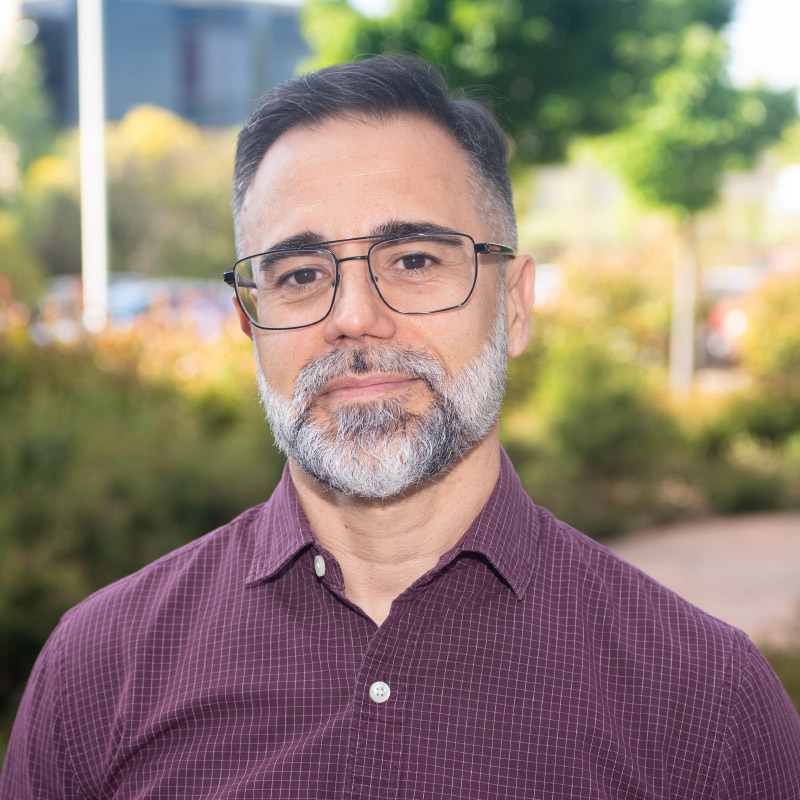

Universidad Autónoma de Madrid, Spain
Prof. Aurelio Hidalgo
Project 1: Identification and evolution of thermostable hydrolases and KREDs by screening in microfluidic droplets.
This thesis project involves bioprospecting thermal environments to obtain new hydrolases using (ultra) high-throughput (HTS) screening. The doctoral candidate will: (i) develop Thermus-based host-vector systems for expression of libraries at higher temperatures, in cooperation with NTNU; (ii) create metagenomic libraries from diverse environments in suitable vectors for in vivo and in vitro expression, in cooperation with Prozomix Ltd; (iii) adapt existing assays for hydrolases to droplet format; (iv) screen libraries from metagenomes; and v) sequence and structure determination, biochemical and characterization of hits, including stability, selectivity, in a secondment to Prozomix Ltd (UK).
Secondments: Drop-Tech Ltd (Cambridge, UK) and Prozomix Ltd (Haltwhistle, UK)
Required skills: biochemistry, molecular biology, microbiology
To apply for Project 1, please send your CV, Letter of interest, Transcripts and 2 references to Prof Hidalgo
Project 2: Screening in microfluidics droplets of biofilm inhibitors from microbial communities of extreme environments
This project will address the identification of biofilm inhibitors using Functional Metagenomics and High Throughput Screening. The researcher will be particularly focused on the discovery of inhibitors of queuosine (Q), a tRNA modification that controls biofilm formation and virulence in bacteria and represents a promising new target to prevent infections or biofouling. Using a patented Q reporter strain and developing multiplate and microfluidic workflows, Q inhibitors will be screened in large metagenomic libraries from different microbial communities, from gut microbiome to extreme environments. Identified anti-Q genes and compounds will be characterized, and their anti-biofilm activities will be tested.
Secondments: Drop-Tech Ltd (Cambridge, UK) and SINTEF (Trondheim, Norway)
Required skills: Microbiology, Molecular Biology, Bioinformatics
To apply for Project 2, please send your CV, Letter of interest, Transcripts and 2 references to Prof. Hidalgo and Dr Díaz-Rullo.


Norwegian University of Science and Technology, Trondheim, Norway
Prof. Rahmi Lale
Project: Novel expression tools and alternative hosts to improve hit rates from metagenomic libraries
NTNU’s research within MetaExplore focuses on developing new expression tools and alternative microbial hosts to enhance the discovery of functional genes and enzymes from metagenomic libraries. The project combines synthetic biology, AI-driven sequence design, and advanced screening technologies to overcome expression barriers that limit access to the full functional diversity of environmental DNA.
Secondments: SINTEF (Trondheim, Norway), University of Cambridge (Cambridge, UK) and ArcticZymes Technologies ASA (Trømso, Norway)
To apply, please follow the link to the NTNU PhD application page .
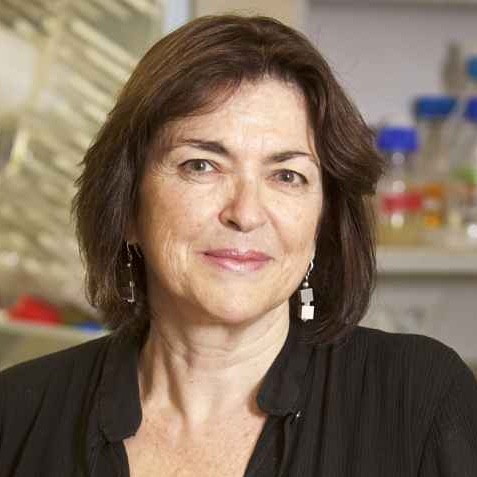

University of Alicante, Spain
Prof. Pepa Antón
Project: Gene transfer in the urban water cycle – implications for the human health and the environment
The aim of the project is to monitor and get a mechanistic understanding of gene transfer within the urban water cycle from water reservoirs to the final disposal of treated water in the sea. Specific shuttles, as viruses, transposons and plasmids, and a selection of genes of special relevance for human health, among others, will be targeted by a combination of microfluidics, metagenomics and experimental evolution approaches.
Secondments: Universidad Autónoma de Madrid (Madrid, Spain) or University of Cambridge (Cambridge, UK), and Labaqua (Alicante, Spain)
Required skills: Ideally, cadidates should have a sound background in microbiology, microbial ecology and molecular biology as well as basic skills in bioinformatics.
For more information , you can read the position advertisement here, and submit your application to : anton@ua.es
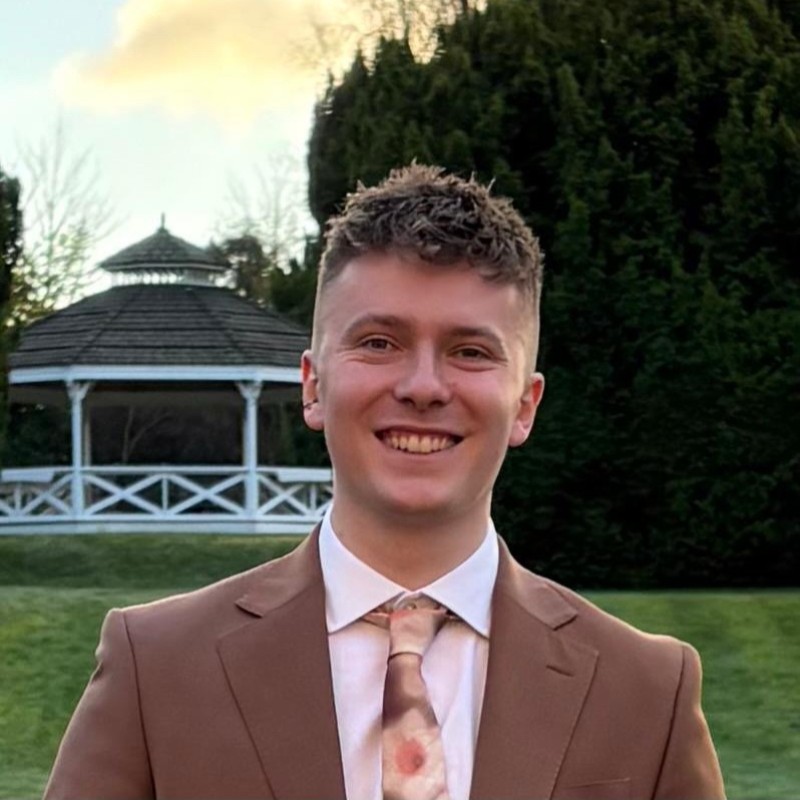

Janssen Pharmaceutica, Beerse, Belgium
Dr Grayson Ford
Project: Identification of biocatalyst for C-C-bond forming transformations & the build-up of tertiary stereocenters
Secondments: Vlaams Instituut voor Biotechnologie (Ghent, Belgium) and University of Cambridge (Cambridge, UK)
The link to apply is not yet open, but you can write to Grayson Ford for more information in the meantime.


University of College London, UK
Prof. Christine Orengo
Project: Computational screening of metagenome samples for novel plastic degrading enzymes and experimental verification.
This project aims to identify novel plastic degrading enzymes (e.g PETases) in large scale metagenome data using a range of bioinformatic strategies and AI-based machine-learning tools, to obtain a detailed classification of PETase-like enzymes with subfamilies likely to have different activities.
Secondments: EMBL-EBI (Hinxton, UK) and University of Cambridge, (Cambridge, UK)
Required skills: Protein structure analysis, AI-based deep learning methods, python programming
To apply, please send your CV, Letter of interest, Transcripts and 2 references to Prof Orengo by the 25th of November: c.orengo@ucl.ac.uk
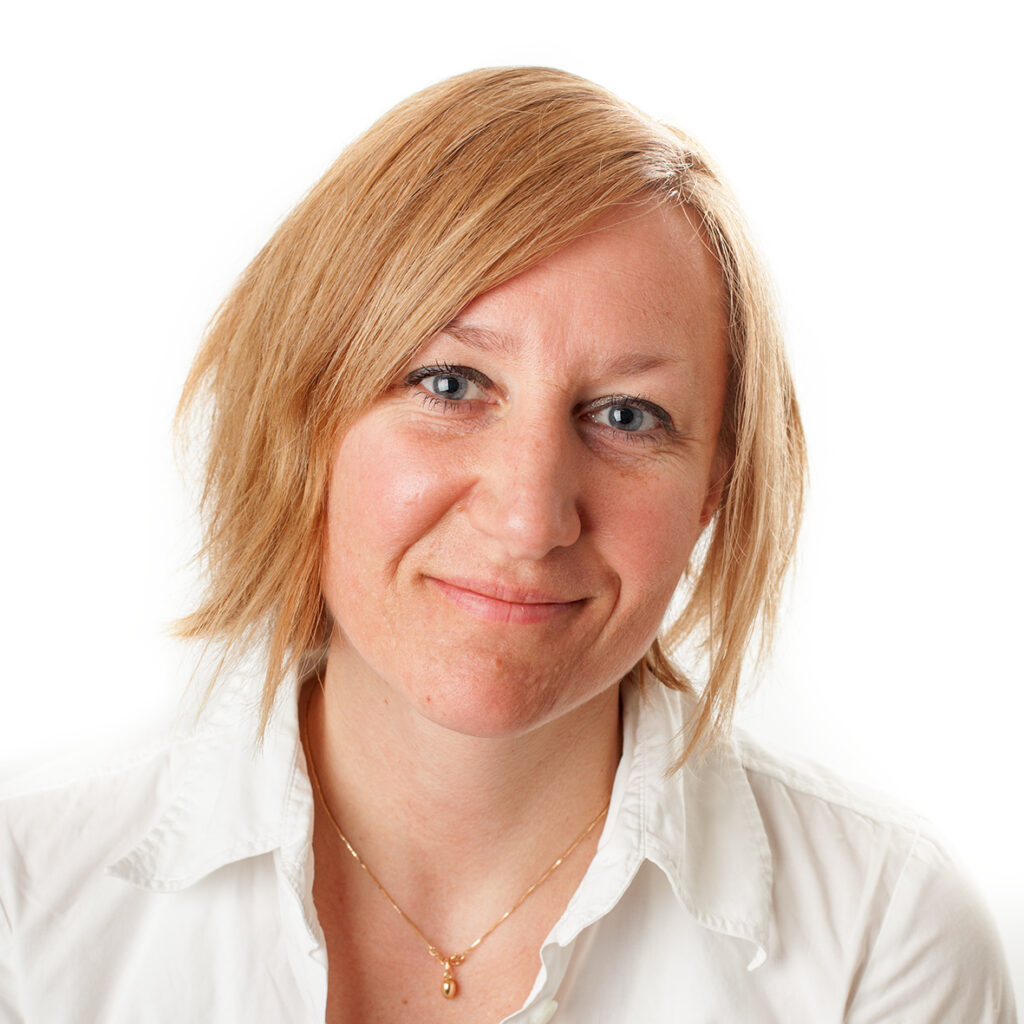

SINTEF, Trondheim, Norway
Dr Anna Lewin
Project: Metagenomic based discovery of enzymes and compounds for anti-biofilm functions or biopolymer degradation
The project hosted by SINTEF will focus on the application of both sequence-based (bioinformatic tools) as well as functional screening approaches for the discovery of molecules and enzymes with applications within pharma or industrial biotechnology. Targets include molecules and/or enzymes that act on biofilm or bacterial or fungal growth, or enzymes with relevant bioprocess activities on biopolymers with importance for sustainability or industrial biotechnology applications.
PhD degree: The SINTEF doctoral candidate will be enrolled at Norwegian University of Science and Technology (NTNU)
Secondments: NTNU (Trondheim Norway), Drop-Tech Ltd (Cambridge, UK) and University of Cambridge (Cambridge, UK)
To apply, please follow this link : PhD Candidate in Functional Metagenomics and molecular bioprospecting
